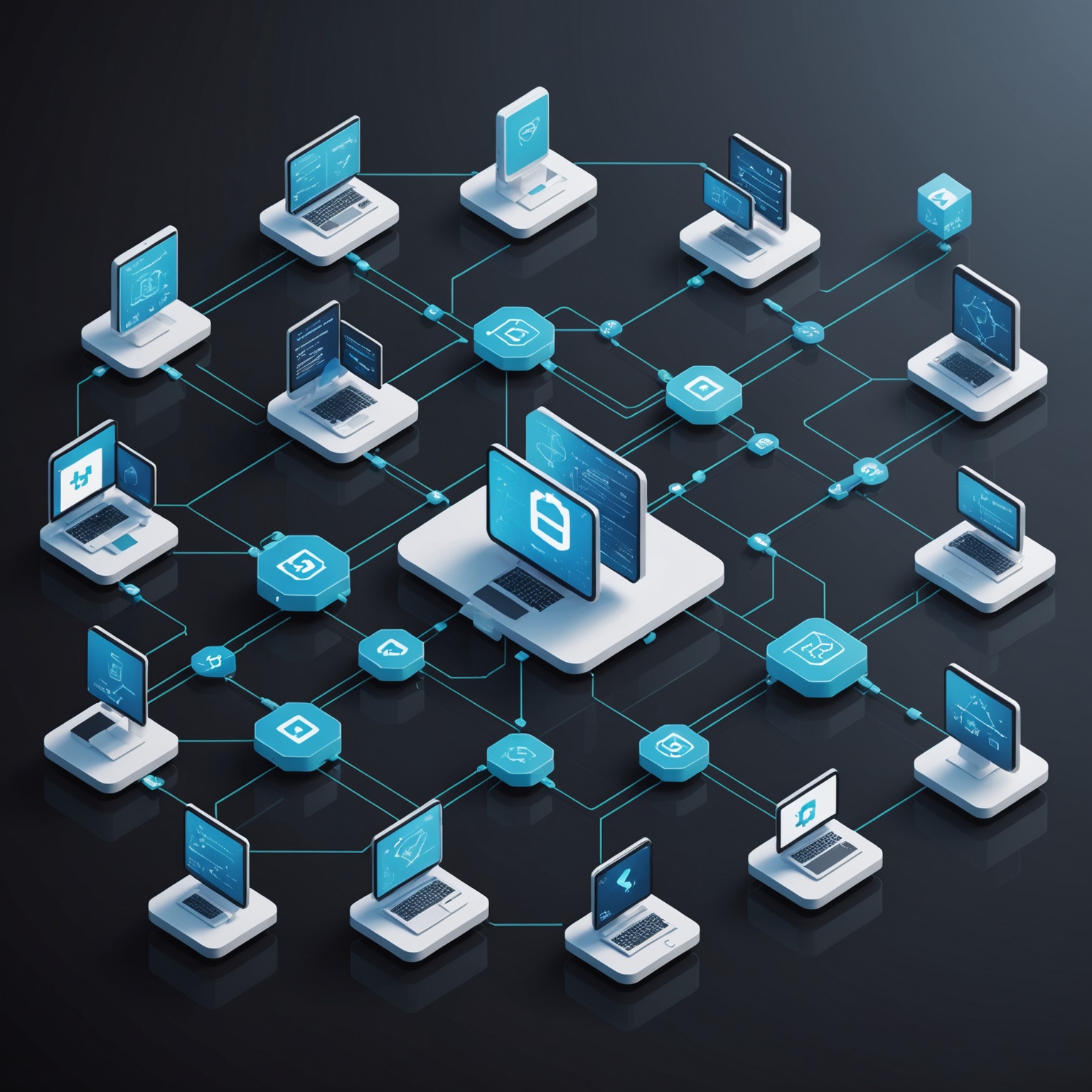Healthcare Innovations and Their Economic Implications in 2023

Healthcare Innovations and Their Economic Implications in 2023
The year 2023 has witnessed remarkable breakthroughs in healthcare technology, each bringing profound economic implications. This article delves into how these innovations are not only advancing medical care but also transforming the financial dynamics within the healthcare sector.
The Rise of Telemedicine
Telemedicine has surged in popularity, driven by its convenience and the ongoing improvement in communication technologies. This shift has significantly reduced costs associated with healthcare delivery and increased access to medical services, especially in rural and underserved areas.
Telemedicine's economic benefits are multi-fold, including reduced transportation costs for patients, decreased need for physical office space, and lowered overhead costs for healthcare providers. The scalability of telemedicine platforms also opens up new revenue streams for healthcare systems.
Furthermore, telemedicine has led to improved patient engagement and satisfaction, which are crucial metrics for healthcare providers in an increasingly competitive market. The ability to provide continuous, real-time health monitoring through telemedicine platforms has also enhanced the quality of care, potentially reducing hospital readmission rates and associated costs.
With telemedicine expected to grow further, its economic impact is likely to expand, making it a key player in the future of healthcare economics.
Artificial Intelligence in Healthcare
Artificial Intelligence (AI) in healthcare is revolutionizing diagnostics, patient care management, and personalized medicine. AI algorithms can analyze vast amounts of data quickly and with high accuracy, leading to earlier and more precise diagnoses.
The economic implications of AI in healthcare are profound. AI can streamline operations, reduce costs, and minimize human errors. Hospitals and healthcare facilities that integrate AI into their systems may see significant reductions in operational costs and improvements in patient outcomes, which in turn can lead to higher profit margins.
Moreover, AI-driven tools have the potential to transform drug development by accelerating the research phases and reducing the time to market for new pharmaceuticals. This not only has the potential to save billions in research and development costs but also to bring treatments to patients faster.
As AI continues to advance, its economic impact within the healthcare sector is expected to grow, influencing everything from pharmacy services to chronic disease management.
Blockchain Technology for Healthcare Security
Blockchain technology offers a secure, transparent way to handle healthcare data. Its application ranges from patient records and billing to supply chain management. By ensuring data integrity and reducing fraud, blockchain can save the healthcare industry billions annually.
Implementing blockchain can lead to more efficient operational processes, reduced costs due to fewer data breaches, and improved patient trust due to enhanced data security. Moreover, blockchain facilitates better data interoperability between systems, crucial for the accurate and timely sharing of patient data.
This technology's ability to maintain a secure and immutable ledger of all patient interactions provides a clear audit trail, which can be invaluable in both medical and legal contexts. As more healthcare systems adopt blockchain, its economic impact is likely to increase, offering both cost savings and new opportunities for revenue generation.








